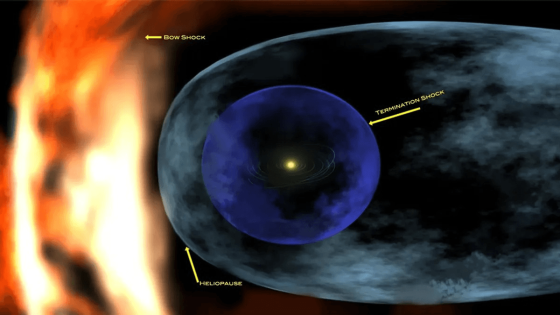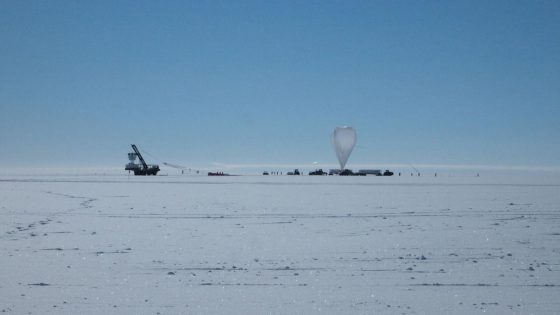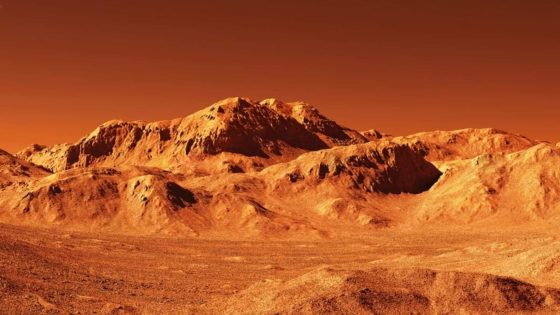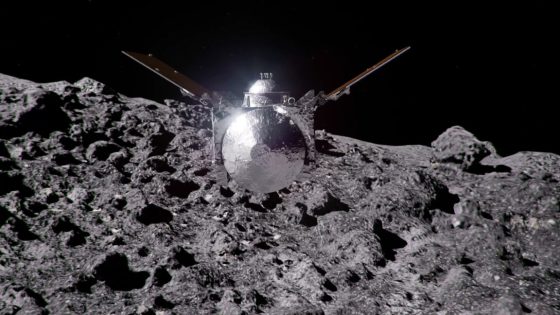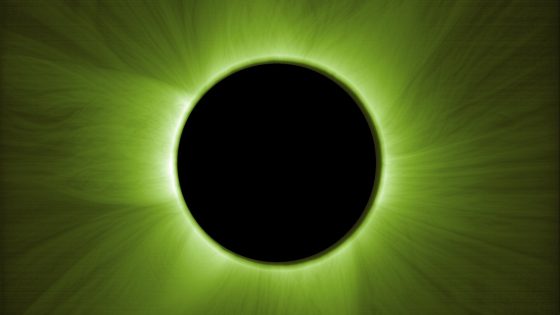The Solar System’s journey through space is more than just a celestial dance; it may significantly influence Earth’s climate. As the Moon orbits Earth and Earth circles the Sun, our Sun travels around the Milky Way’s center, potentially exposing US to various cosmic phenomena.
- The Sun orbits the Milky Way's center.
- Solar System may affect Earth's climate.
- Heliopause protects from interstellar medium.
- Local Bubble is less dense than space.
- Cold gas clouds could alter heliosphere.
- Isotopes indicate past interstellar encounters.
A recent study published on 2025-08-08 11:08:00 suggests that the Solar System might have passed through dense interstellar clouds, impacting solar wind flow and possibly cooling our planet. This research opens new avenues for understanding how cosmic events shape our climate.
This intriguing research raises questions about the broader implications of our solar journey. Could past encounters with dense clouds have led to significant climatic shifts on Earth? Consider these points:
- Interactions with interstellar clouds may have contracted the heliosphere.
- Such changes could affect atmospheric chemistry and temperature.
- Evidence of isotopes like 60Fe suggests past cosmic influences on Earth.
- Future encounters with similar clouds are likely within a million years.
As we advance our understanding of these cosmic interactions, scientists may uncover more about how the universe shapes life on Earth. Continued research could reveal critical insights into our planet’s climatic history and future.



